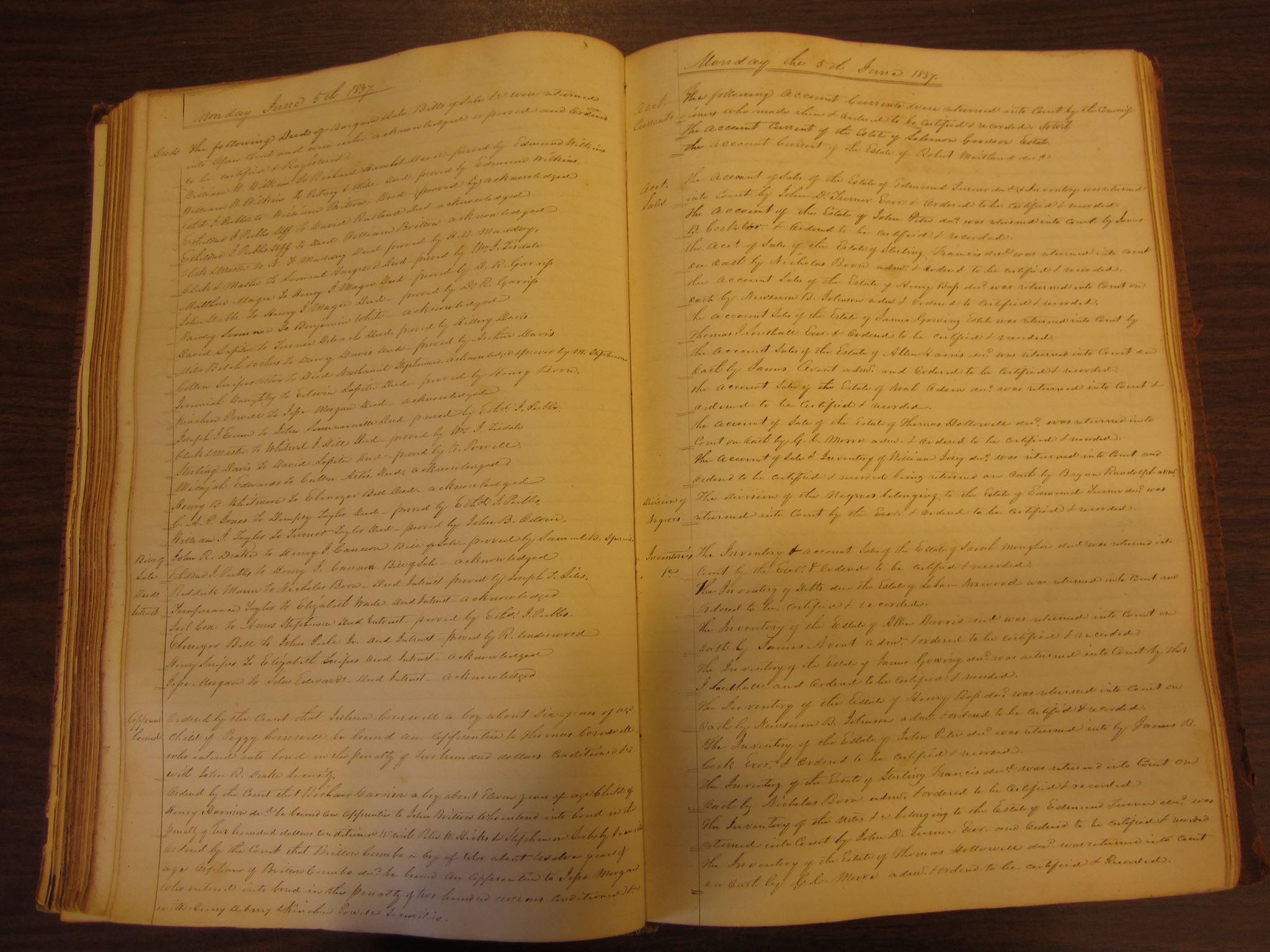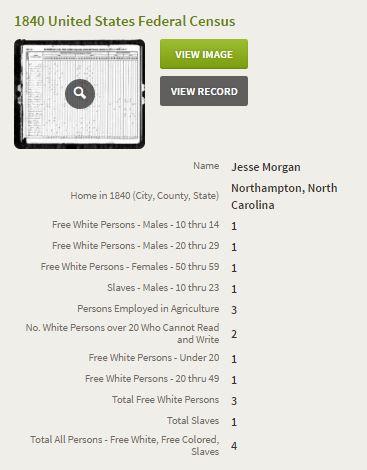The earliest document I have acknowledging the existence of my great-great-great-great (4x great) grandfather Britton Cumbo Jr., comes from North Carolina court records.
The document, and the statement contained within it, is really about as good as it gets when it comes to genealogical finds. It’s a near perfectly efficient little statement that reads almost as if it was written back then simply to help obsessed genealogical hobbyists like me validate a family connection hundreds of years later. It checks off nearly all of the boxes.
Here it is, a Northmapton Court Record dated June 5, 1837 which reads:
Monday, June 5th, 1837 Ordered by the court that Britton Cumbo, a boy of color about twelve years of age, orphan of Britton Cumbo Sr be bound an apprenticeship to Jesse Morgan who entered into bond in the penalty of two hundred dollars conditioned with Henry Deberry and Kinchen Powell securities.

Life expectancy in the US between 1800-1850 was quite short, around 37 years. Mothers and fathers died young, leaving many more orphans as percentage of the total population than we have today. Orphans in nineteenth century North Carolina, just as they are today, became the responsibility of the state.
An apprenticeship was a common option for courts to pursue for orphans. Most children who were apprenticed were orphans like Britton, or abandoned or illegitimate children, or were born to impoverished parents who needed the type of financial relief a working child could provide. Children could be white or free colored, male or female, and would be legally required to work for a craftsman in return for education, training in that craft, and food and lodging to up to a certain age, say 21.
Based on this document we can conclude that Britton Cumbo Jr was born around 1825. The document validates the name of his father as Britton Cumbo Sr who likely died around or before 1837 an event which then triggered the court order for his son. Applying the average life expectancy to Britton Sr. it would mean he was born around 1800. The court document also refers to Britton Jr as an orphan which I interpret to mean that he was left parentless upon the death of his father and therefore that his mother died prior to his father.
Based on the document Britton Jr. was hired out to a man named Jesse Morgan of Northampton. The $200 sum referenced in the court document was a bond Jesse Morgan had to post with the court for taking Britton in as his apprentice. The purpose of the bond is to protect Britton Jr by providing insurance that Jesse Morgan would live up to the apprenticeship agreement.
I’ve not found much on Jesse Morgan other than an 1840 census record for Northampton which lists him as white, head of a household of 4, owner of 1 slave (perhaps a census taker erroneously counting Britton, a boy of color in a white household, as a slave not knowing he was actually an apprentice) and employed in agriculture. So it’s likely that Britton Jr. trained as a farmer until he was an adult.

By the 1850 census for Northampton County, we find Britton Jr (age 25 according to the court record) married with 4 children working as a farm laborer. More to come in future posts on the life of my 4x greatgrandfather Britton Cumbo Jr.

This is a very informative & interesting discovery in print. I have read years ago about the “Apprenticeships” of our region. I understood the “Quakers” were instrumental in implemented these concept to get people of color or lower means trained in a craft. The courts were involved by establishing ‘bonds”to prevent abuses and to make sure contacts honored. This concept, could be a vital asset to some degree in todays society. Instead of standing on corners selling illegal drugs, or ones body/flesh, some of these kids could benefit from leaning a craft.
Andre, I’ve had the same experience with my 3rd Great Grandfather in Rockingham Co. VA. The overseer of the poor arranged the apprenticeship when Grandfather was 17. His father died about seven years earlier.
Here’s a great blog post on the history of apprenticeships in North Carolina
http://statelibrarync.org/news/2013/01/the-history-of-apprenticeships-in-north-carolina-part-1/
I’ve recieved lots of good comments on facebook about this blog post. The most common clarifying comment is in reference to the definition of an orphan according to the court. Children being apprenticed out, even if they were referred to as an orphan, is not necessarily an indication of the death of both parents. Financial hardship, as acknowledged in the blog post, was one of the most common reason. This often occurred after the death of a father, and the sole earner in the household. A mother, especially with multiple children, had no choice but to surrender them.